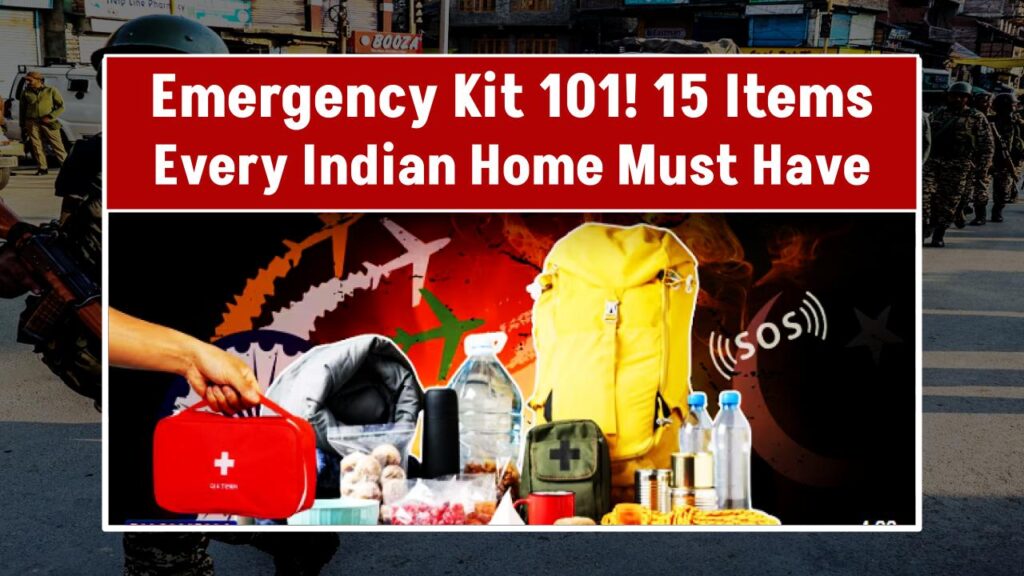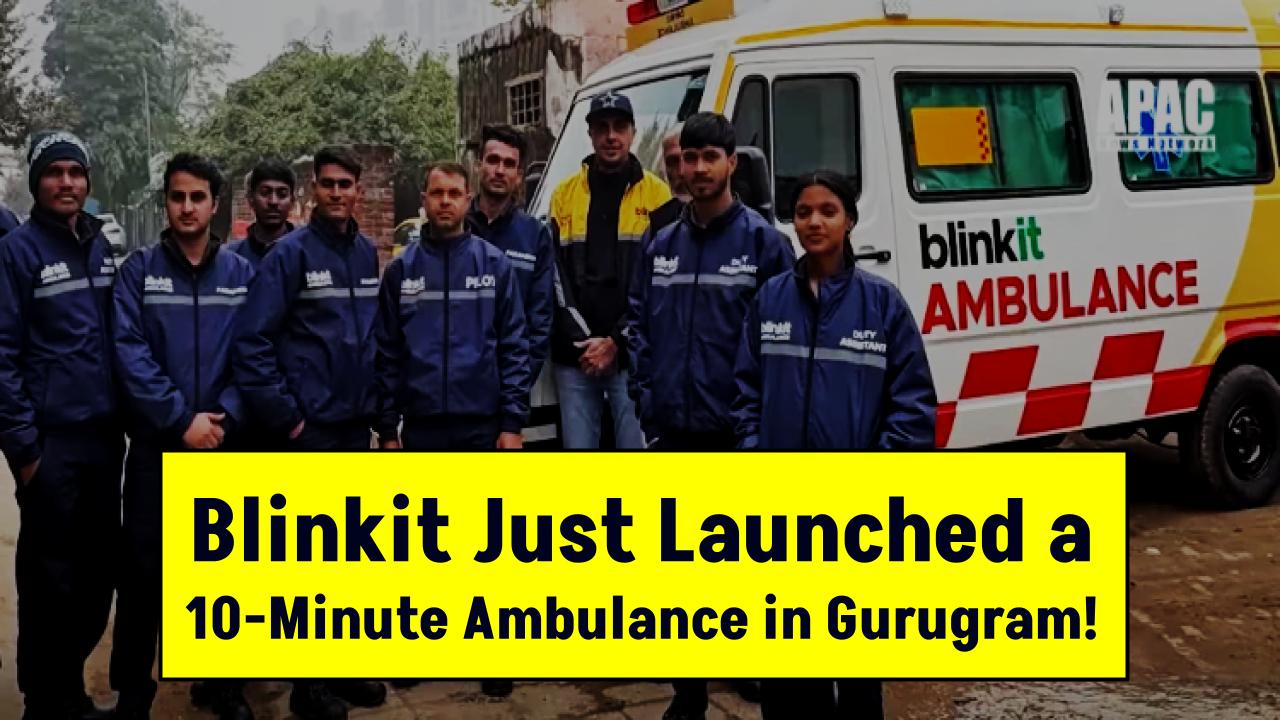Rising Health Threats in India: In recent times, India has faced numerous health emergencies ranging from natural disasters to viral outbreaks and geopolitical tensions. As these challenges continue to evolve, every household must be equipped with essential supplies to ensure safety and well-being during crises. Staying prepared is not just a recommendation—it’s a necessity. From civil defense drills to advisories on emergency preparedness, authorities are emphasizing the importance of being ready for unforeseen events. This article will guide you through the 15 most crucial emergency essentials that every Indian household must have, with practical tips and insights on why each item is vital.

Rising Health Threats in India
| Item | Why It’s Important | Reliable Source |
|---|---|---|
| First Aid Kit | Treats minor injuries and prevents infections. | CDC |
| Water Supply | Ensures hydration for at least 72 hours. | The Live Nagpur |
| Non-Perishable Food | Provides nutrition without needing refrigeration. | Hindustan Times |
| Flashlight & Batteries | Ensures visibility during power outages. | Business Standard |
| Power Bank | Keeps communication devices functional. | Tulane Public Health |
| Hygiene Items | Maintains cleanliness and reduces infection risk. | CDC |
Emergencies are unpredictable, but preparation can significantly reduce their impact. By equipping your home with these 15 essential items, you ensure safety, comfort, and resilience during challenging times. Regularly check and update your kit to stay prepared.
Why You Need an Emergency Kit at Home
Emergencies can strike at any moment—whether it’s a natural disaster, a public health crisis, or a prolonged power outage. A well-stocked emergency kit can make the difference between comfort and chaos. Preparing now ensures that you and your family can handle unexpected situations with greater ease.
1. First Aid Kit: Immediate Medical Help
A comprehensive first aid kit is essential for treating minor injuries like cuts, burns, or bruises. Make sure your kit includes: Bandages, gauze, and adhesive tape; Antiseptic wipes and ointments; Pain relievers (like paracetamol); Prescription medications; Tweezers and scissors. Pro Tip: Regularly check the expiration dates on medications and replace them as needed.
2. Water Supply: Hydration is Crucial
Store at least 3 liters per person per day for at least three days. Consider keeping: Bottled water; Water purification tablets; A portable water filter. Did You Know? The World Health Organization recommends at least 50-100 liters of water per person per day in an emergency for drinking, cooking, and hygiene.
3. Non-Perishable Food: Sustenance Without Cooking
In times of crisis, access to fresh food may be limited. Stock items like: Canned vegetables and fruits; Dried foods (like lentils and beans); High-energy snacks (like nuts and granola bars). Tip: Rotate your stock every 6 months to keep it fresh.
4. Flashlight and Batteries: Light the Way
Power outages are common during emergencies. A durable flashlight with extra batteries is essential for visibility and safety. Alternative: Solar-powered lanterns or hand-crank flashlights eliminate the need for batteries.
5. Power Bank: Stay Connected
A fully charged power bank can keep your phone operational during outages. Choose one with: At least 10,000 mAh capacity; Multiple USB ports; Fast-charging capability. Smart Choice: Invest in a solar-powered power bank for prolonged emergencies.
6. Battery-Powered Radio: Stay Informed
In the digital age, we often forget the reliability of a simple radio. A battery-powered or hand-crank radio can keep you updated when the internet and mobile networks are down.
7. Personal Hygiene Items: Stay Clean, Stay Safe
Health emergencies often coincide with compromised sanitation. Keep: Hand sanitizers; Soap and disinfectants; Toothpaste and brushes; Sanitary pads and diapers. Fact: Maintaining hygiene reduces the risk of infections, especially in crowded or shelter environments.
8. Extra Clothing and Blankets: Prepare for Any Weather
Weather conditions can change abruptly. Pack: Warm blankets; Extra layers of clothing; Raincoats and waterproof covers.
9. Important Documents: Keep Them Safe
Store copies of IDs, medical records, and emergency contact information in waterproof pouches.
10. Emergency Cash: Cash is King
In times of crisis, digital payment systems may fail. Keep small denominations to facilitate transactions.
11. Fire Extinguisher: Safety First
Fires can break out unexpectedly. A portable fire extinguisher can prevent small incidents from escalating.
12. Local Maps: Navigate Without GPS
Physical maps can help you find your way if mobile services are disrupted.
13. Mental Health Support: Stay Positive
Prolonged emergencies can take a toll on mental health. Include: Puzzle books; Reading material; Journals for writing.
14. Pet Supplies: Don’t Forget Your Furry Friends
Stock pet food, water, and basic supplies if you have pets at home.
15. Candles and Matches: Light in the Dark
If your flashlight fails, candles and waterproof matches are reliable alternatives.
FAQs on Rising Health Threats in India
Q1: How often should I update my emergency kit?
Update your kit every six months, especially perishable items and expired medications.
Q2: Is it necessary to have cash during emergencies?
Yes, digital systems may fail, making cash transactions essential.
Q3: Can I use rechargeable batteries in my flashlight? Yes, but keep regular batteries as a backup since charging may not be possible.





